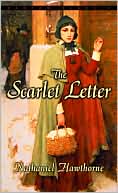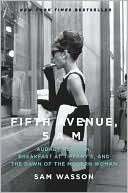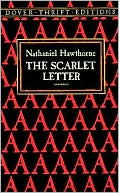Up Society's Ass, Copper: Rereading Philip Roth
Search in google:
AcknowledgmentsIntroduction: "Because I Do What I Do"31The Facts and The Facts182The Road of Excess283Only a Weltanschauung: Howe's Lost Young Intellectual444Analysis Terminable: Life as a Man515The Convalescence, or The Man That Got Away626This Is How I Will Live: The Ghost Writer677The Jersey Bounce: Zuckerman Unbound768The Jawbone of an Ass: The Anatomy Lesson859"The Prague Orgy" and the Other Europe9610The Five Books of Nathan: The Counterlife10811Impuritanism and Postmodernism: Deception12012You Must Not Forget Anything: Patrimony12613Let Your Jewish Conscience Be Your Guide: Operation Shylock13214Sabbath's Theater14615American Pastoral, or The Jewish King Lear15416Take a Bow, Little Guy: I Married a Communist17417The Psychopathology of Everyday Life: The Human Stain18618Death and the Maiden: The Dying Animal19719Third Thoughts: The Blind Men and the Elephant20720Epilogue: Up Society's Ass, Copper!221Notes237Roth and His Readers: Notes toward a Bibliography244
\ Library JournalBorrowing a line from Philip Roth's Portnoy's Complaint for the title of his book, Shechner (English, SUNY at Buffalo) brings together 30 years of writing about the restless writer. Consisting mostly of reworked essays and reviews covering Roth's work up to his last novella, The Dying Animal, Shechner insists that the book cannot "reflect a single intention" or be "something more integrated, complete, or thematically consistent" because it was written in "bits and pieces" over the course of his career. But this does not make the collection any less pleasurable to read. Whether or not one agrees with Shechner's premise-which actually echoes a line from the retired Mossad agent in Operation Shylock-that "Roth does what he does because he does what he does," breezing through his myriad musings and retractions feels like being a part of a lively graduate seminar. The only drawback is that the book doesn't offer a new historical, psychoanalytical, or feminist perspective. Shechner simply writes about whatever he wants, not limiting himself to writing a critical study about, for example, Philip Roth and the Holocaust. Librarians should also note that parts of this book originally appeared in somewhat different form in the author's two previous titles, After the Revolution: Studies in the Contemporary Jewish-American Imagination and The Conversion of the Jews and Other Essays. A useful addition to most literature collections.-William D. Walsh, Georgia State Univ., Atlanta Copyright 2003 Reed Business Information.\ \








